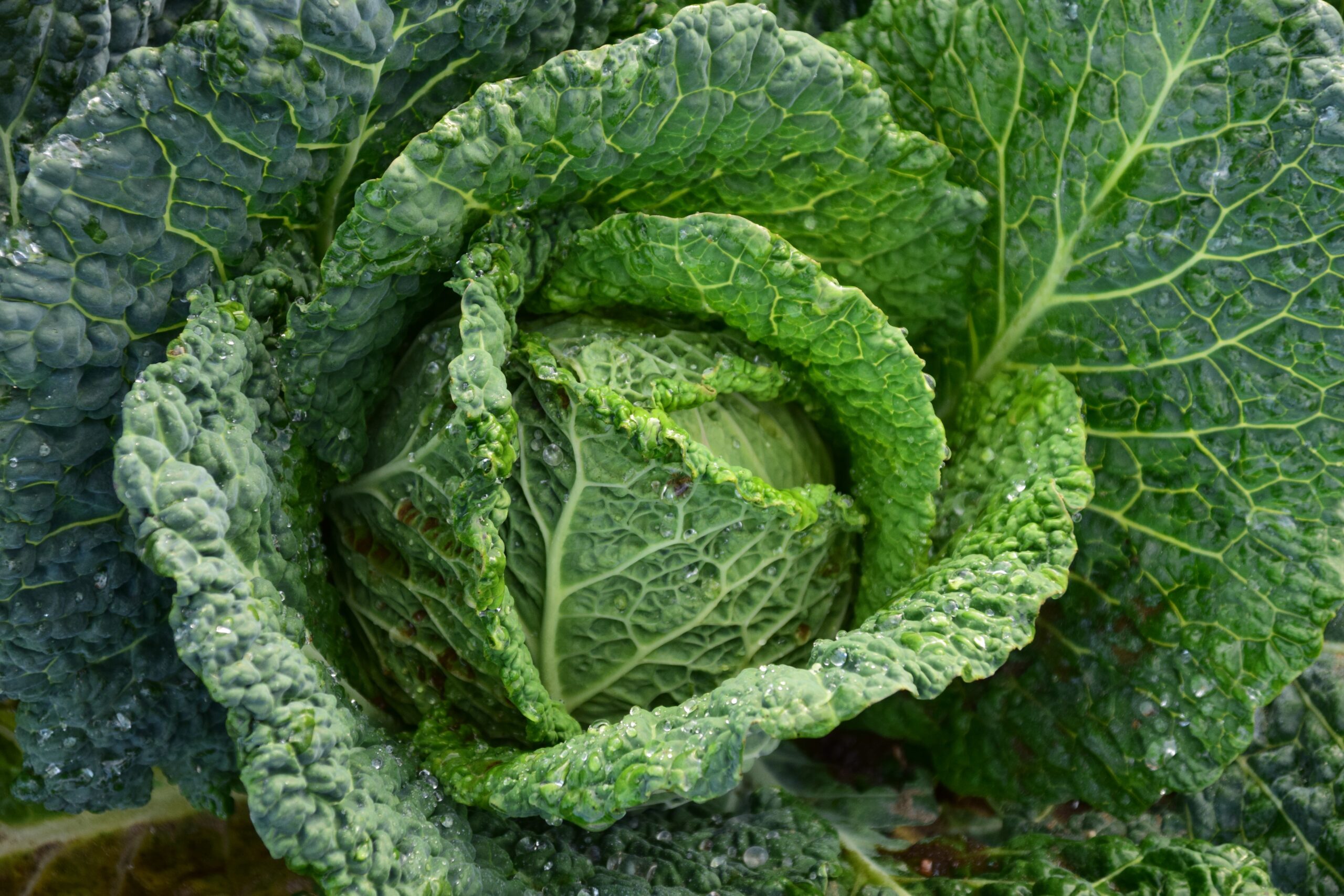As dog owners, you want to ensure that your furry friend is healthy and happy. One way to achieve this is by providing a well-balanced diet that includes a variety of healthy human foods, such as fruits, leafy greens and vegetables. From sweet potatoes to a leafy vegetable, cabbage is one of the healthy vegetables that you might be considering adding to your dog’s diet. But can dogs eat cabbage? The good news, the short answer is yes, dogs can eat cabbage. However, there are several things that you need to keep in mind to ensure that this leafy green vegetable is a safe and healthy addition to your dog’s diet and feeding your pup cabbage.
Types of Cabbage
Cabbage is a cruciferous veggie that belongs to the Brassicaceae family. There are different types of cabbage, including green cabbage, red cabbage, purple cabbage, bok choy, Savoy cabbage, Napa cabbage, and even Brussels sprouts, which are miniature cabbages. All these types of cabbage can be fed to dogs, but one type of cabbage can be more beneficial than others.
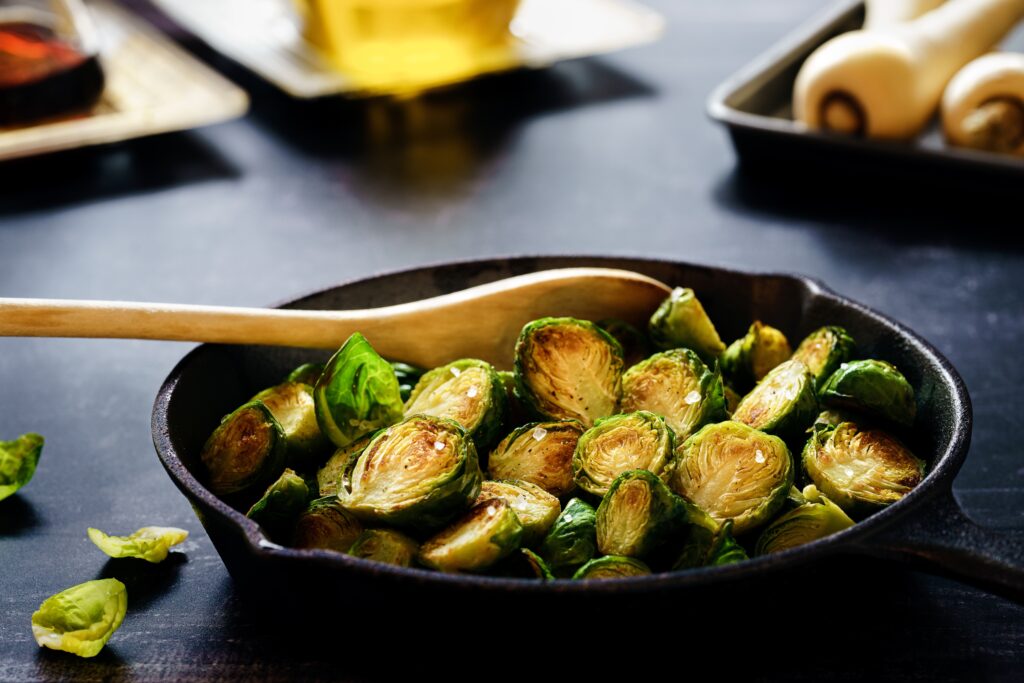
Nutritional Benefits of Cabbage
Cabbage is a healthy vegetable that is low in calories and high in essential nutrients, such as vitamin C, vitamin K, and vitamins B. It also contains essential minerals like calcium, potassium, and large amounts of iron. Cabbage is a good source of healthy fiber, which is essential for a healthy digestive system and digestive tract. Moreover, cabbage contains a natural chemical compound known as sulforaphane, which has strong cancer-fighting properties and can help fight harmful free radicals and promote healthy red blood cells.
Suggested: Can I Give My Dog Cotton Candy? Read this first!
Health Benefits of Cabbage for Dogs
Feeding your dog cabbage can have several health benefits. The high fiber content in raw cabbage leaves can help regulate bowel movements and prevent constipation. Cabbage is also a good choice for dogs that suffer from heart disease, as it contains vitamins C and vitamins K that are essential for a healthy heart and healthy life. Additionally, the vitamins and minerals in cabbage can help boost the immune system and promote good health and help your dog’s digestion.
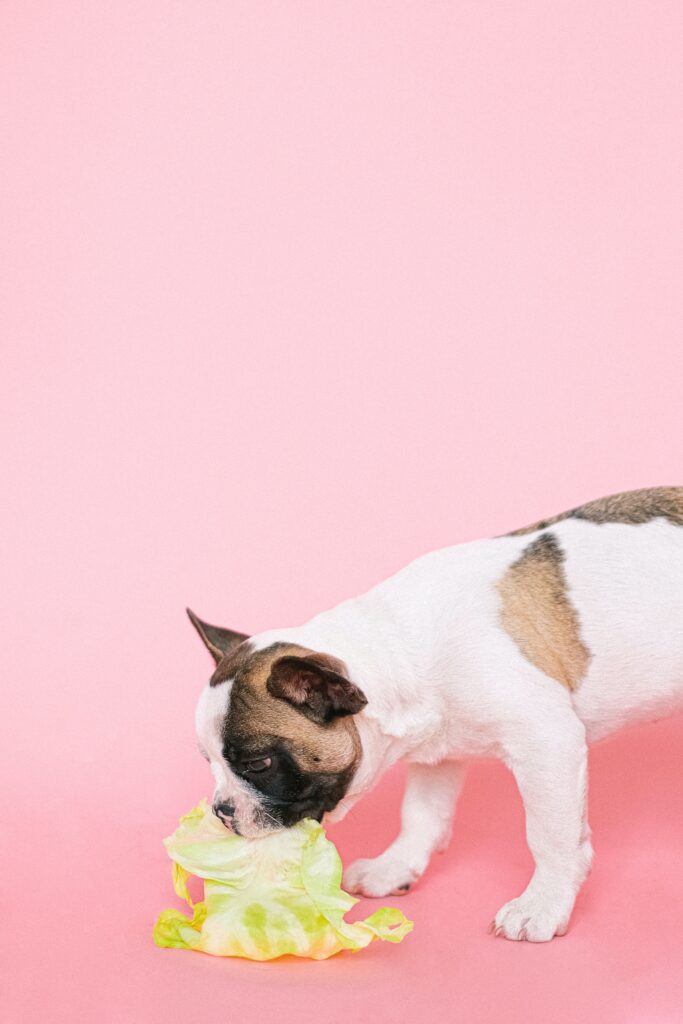
How to Feed Cabbage to Your Dog
While cabbage can be a healthy snack for dogs, it should be fed in small amounts, not large quantities and with caution. Feeding your dog too much raw cabbage can cause stomach upset, loose stool due to too much fiber, excessive gas, and can even be a choking hazard, especially for small dogs. The best way is to start by introducing small bite-size pieces of cabbage into your dog’s diet to see how they react to the new food. You can also try cooking the cabbage to make it easier for your dog to digest.
It’s important to note that some dogs may have an allergic reaction to cabbage, especially if they are allergic to cruciferous veggies. If you notice any adverse effects, such as an upset stomach, watery stools, or loose stool, you should stop feeding your dog cabbage and consult your veterinarian.
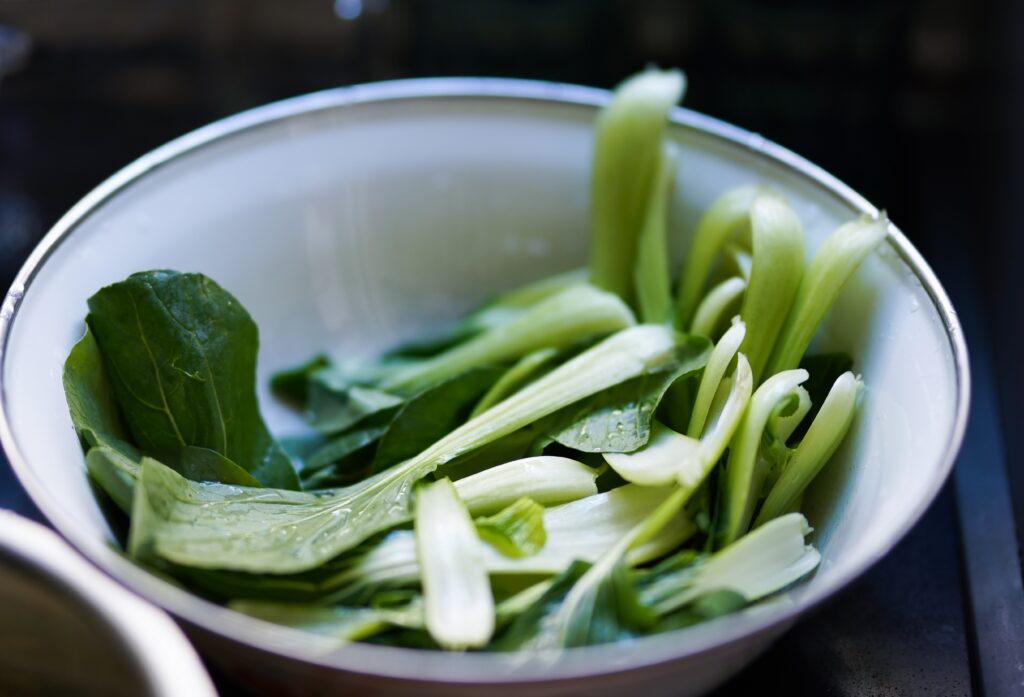
How Much Cabbage Should the Dog Eat
The amount of cabbage a dog can eat will depend on several factors, including the dog’s size, age, overall health, and dietary needs. While cabbage can be a healthy addition to a dog’s diet, it’s essential to feed it in moderation and in small quantities.
As a general rule, dogs should not consume more than 10% of their daily calorie intake from treats or non-dog food sources. This means that if you plan to feed your dog cabbage, it should be offered as a small portion of their regular meal or as a low-calorie snack.
It’s best to start with small pieces or bite-size pieces of cabbage and gradually increase the amount over time. This will help prevent stomach upset, gas, or other digestive issues. Additionally, it’s important to avoid feeding your dog too much raw cabbage, as it can be tough to digest and may cause loose stools.
If you’re unsure about how much cabbage to feed your dog, consult with your veterinarian. They can provide guidance on the appropriate amount of cabbage to feed your dog based on their individual needs and dietary requirements. Your veterinarian can also help you determine whether cabbage is a good addition to your dog’s diet based on their specific health conditions and any medications they may be taking.
Suggested: My Dog Ate Pomegranate Seeds! What You Need To Know
Risks Involved With Giving Dogs Cabbage
While cabbage can be a healthy treat for dogs, there are some risks involved with giving them too much cabbage or introducing it too quickly into their diet. Here are some of the risks involved with giving dogs cabbage:
- Upset Stomach: Feeding your dog too much cabbage can cause stomach upset and may lead to vomiting or diarrhea. Dogs that have sensitive stomachs are more likely to experience these symptoms.
- Gas: Cabbage contains natural compounds that can cause excessive gas in dogs, leading to discomfort and flatulence.
- Choking Hazard: Cabbage stalks or large pieces of cabbage can pose a choking hazard, especially for small dogs.
- Thyroid Issues: Cabbage is a cruciferous vegetable and contains goitrogens, which can interfere with the function of the thyroid gland. Dogs that already have thyroid issues should avoid eating too much cabbage.
- Allergic Reactions: Some dogs may be allergic to cabbage, and feeding them this vegetable can lead to symptoms such as itching, hives, or breathing difficulties.
- Loose Stool: Feeding dogs too much cabbage, especially raw, can cause loose stool or even diarrhea. This can be particularly concerning for dogs with sensitive digestive systems.
It’s important to keep in mind that not all dogs react to cabbage in the same way, and some may be more tolerant than others. Nevertheless, it’s best to introduce cabbage gradually into your dog’s diet, starting with small pieces and monitoring their reaction closely. Additionally, it’s always a good idea to consult with your veterinarian before making any significant changes to your dog’s diet or if you have concerns about their health.
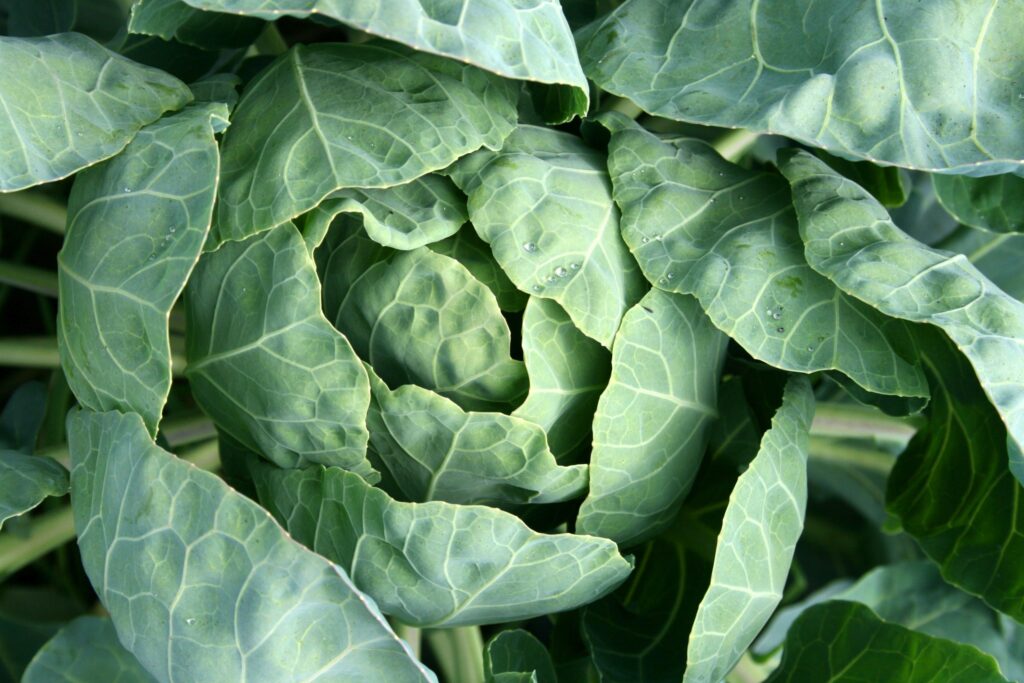
Final Thoughts
In conclusion, cabbage can be a healthy addition to your dog’s diet if fed in small quantities and with caution. It’s a good idea to introduce cabbage gradually and in smaller pieces to avoid digestive issues. Cooked cabbage may be easier for your dog to digest, and it’s important to monitor your dog’s reaction to the new food. Don’t start by giving your dog a lot of raw cabbage right away. Cabbage is a healthy vegetable that can provide your dog with essential nutrients and fiber, but it’s not a substitute for dog food. As always, consult with your veterinarian before making any significant changes to your dog’s diet, especially if they have any underlying health conditions or suffer from any negative effect mentioned above. In summary, cabbage can be a good thing for dogs when given in small portions and on a regular basis.
